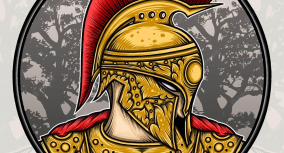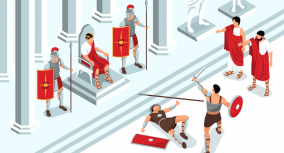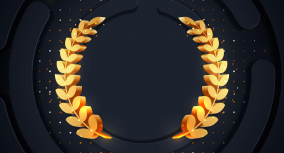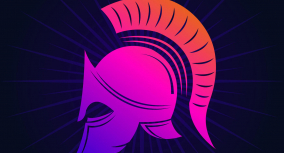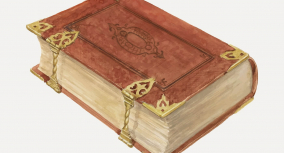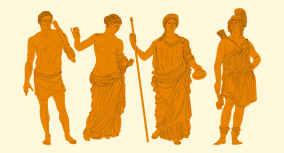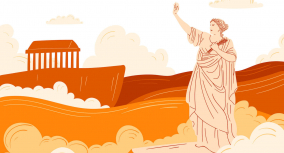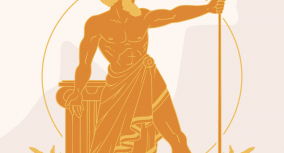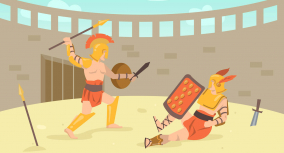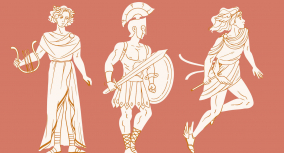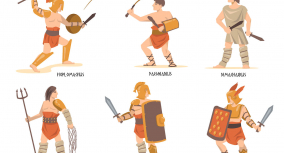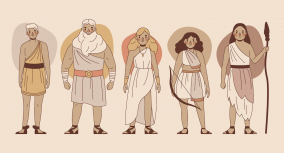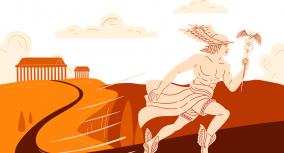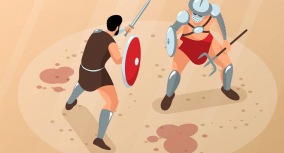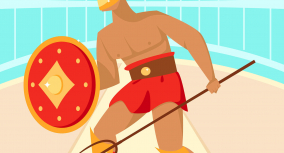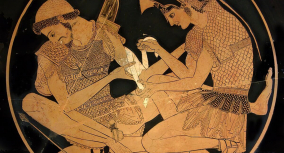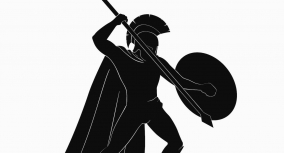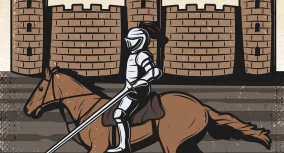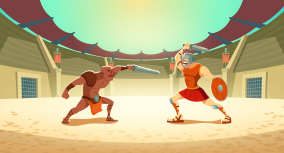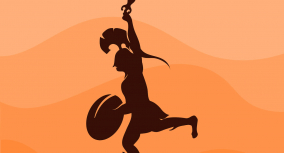The most ancient text preserved to our days raises more questions than there are answers. When was The Iliad written? What was the purpose of the epic poem? What is the subject of The Iliad? The Iliad Study Guide prepared by Custom-Writing.org experts explores the depths of the historical context that inspired Homer to create this timeless work of fiction.
The Iliad Key Facts
The Iliad Articles
If you need to quickly figure out the intricacies of the epic poem’s plot, you’re in the right place. This page contains The Iliad plot overview and chapter summaries.
Why have Achilles & Agamemnon quarreled? Find the answer on The Iliad characters page. The Achaeans, the Trojans, and gods are described here.
What are the themes in The Iliad? Find here the answer to this question. This article analyzes rage, glory, honor in The Iliad, as well as other epic poem’s themes.
What is The Iliad genre? What do the poem’s opening lines mean? What are the key symbols used in The Iliad? Find all the answers on The Iliad analysis page.
Need to write an essay on The Iliad? We’ve collected top questions and essay samples together with a list of The Iliad essay topics, ideas, and prompts.
Who killed Patroclus? How long is The Iliad? Find here all the answers! This page of The Iliad study guide contains questions and answers about the poem.
Historical Context of The Iliad
Even though The Iliad describes historical events, it is still a work of fiction. Homer drew inspiration from Greek mythology that flourished in the Mycenaean civilization. This epoch lasted from the 16th to 9th centuries BC. By the moment Homer wrote The Iliad, the culture had grown extinct. The author felt nostalgic for the times of fearless warriors, heroic code, and gods’ worshiping. That is why we need to analyze The Iliad in the context of the actual Trojan War and in the light of fictional elements characteristic of the epoch.
History books were unavailable in the 8th century BC. All we know about those days comes from literature and archeological excavations. Homer gave a poetic account of the Achaean siege of Troy. Still, some scientists consider that the poem was a condensed picture of many wars held at the Trojan walls. After all, Homer lived some 400 years after the city had been destroyed. There were no witnesses alive or libraries to consult the chronicles. The Iliad was based on folk legends, lore, and stories about the war that ended long ago.
The Iliad goes beyond the mere reproduction of ancient traditions and ways of warfare. It is a psychological poem that tries to explain why people fight with each other, how they accept losses, and why they reconcile. Book 1 starts with Achilles’ anger, setting the tone for the rest of the poem. Homer wanted to show that some things exceed their historical period and remain unchangeable in any epoch. That is why his oeuvre remains topical thousands of years later.
